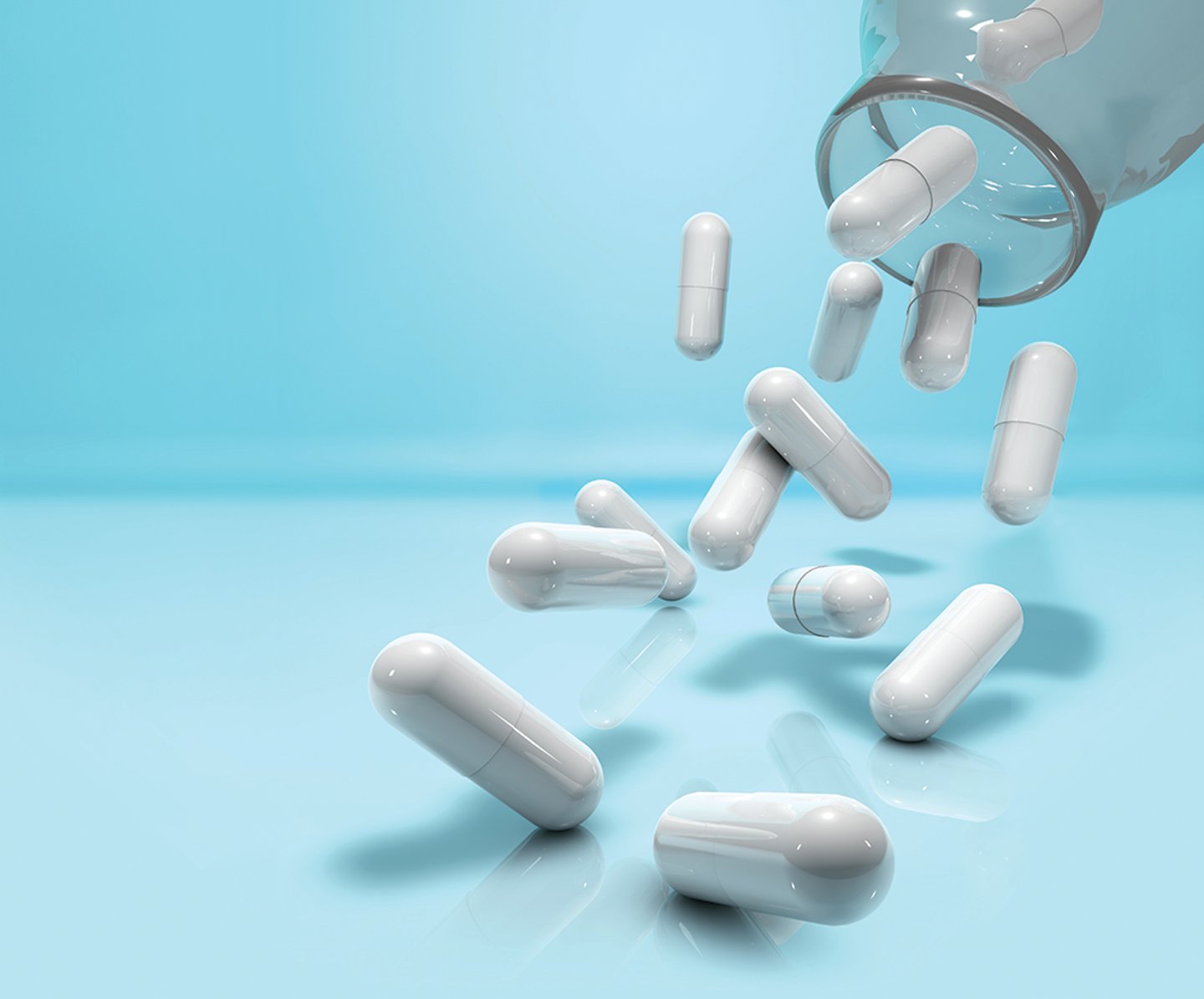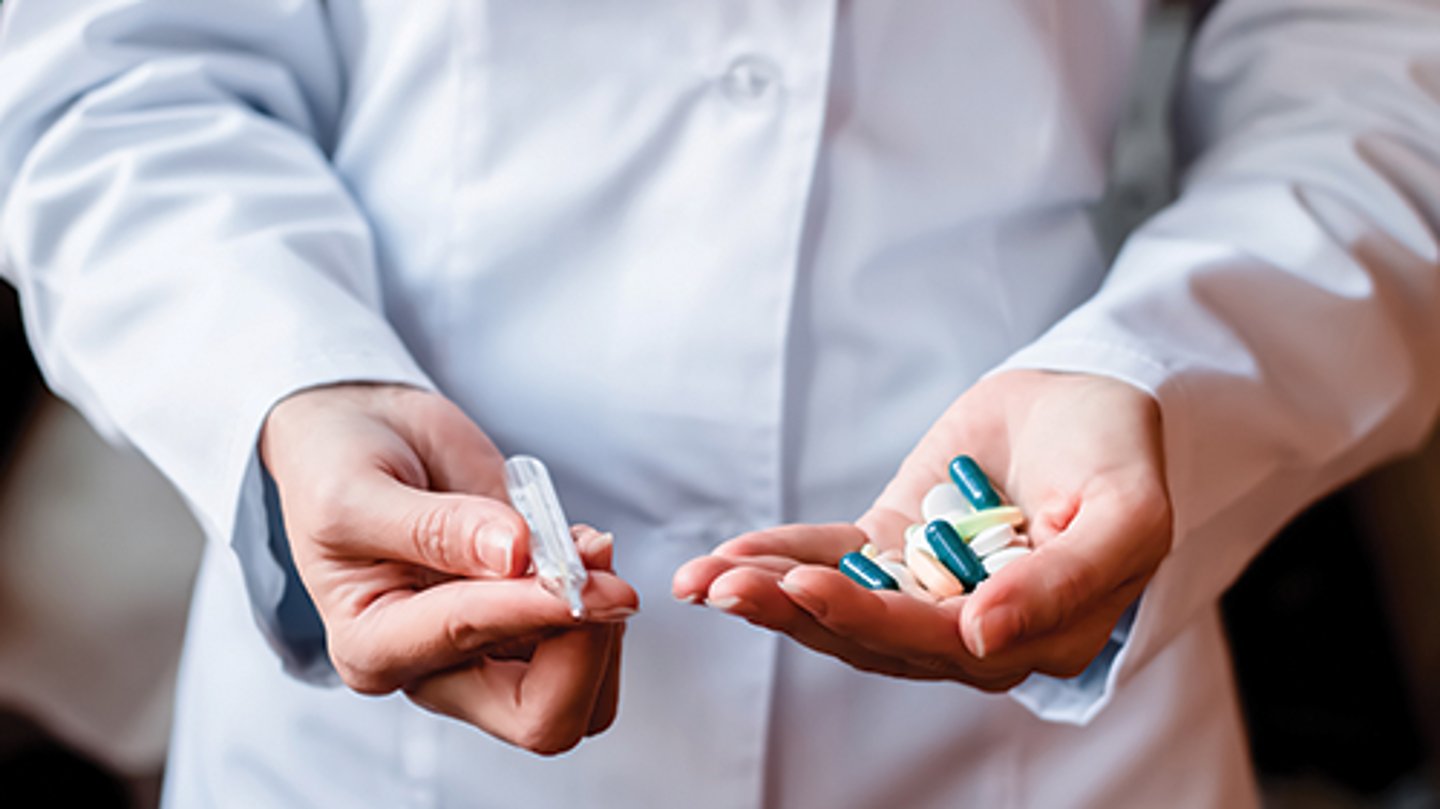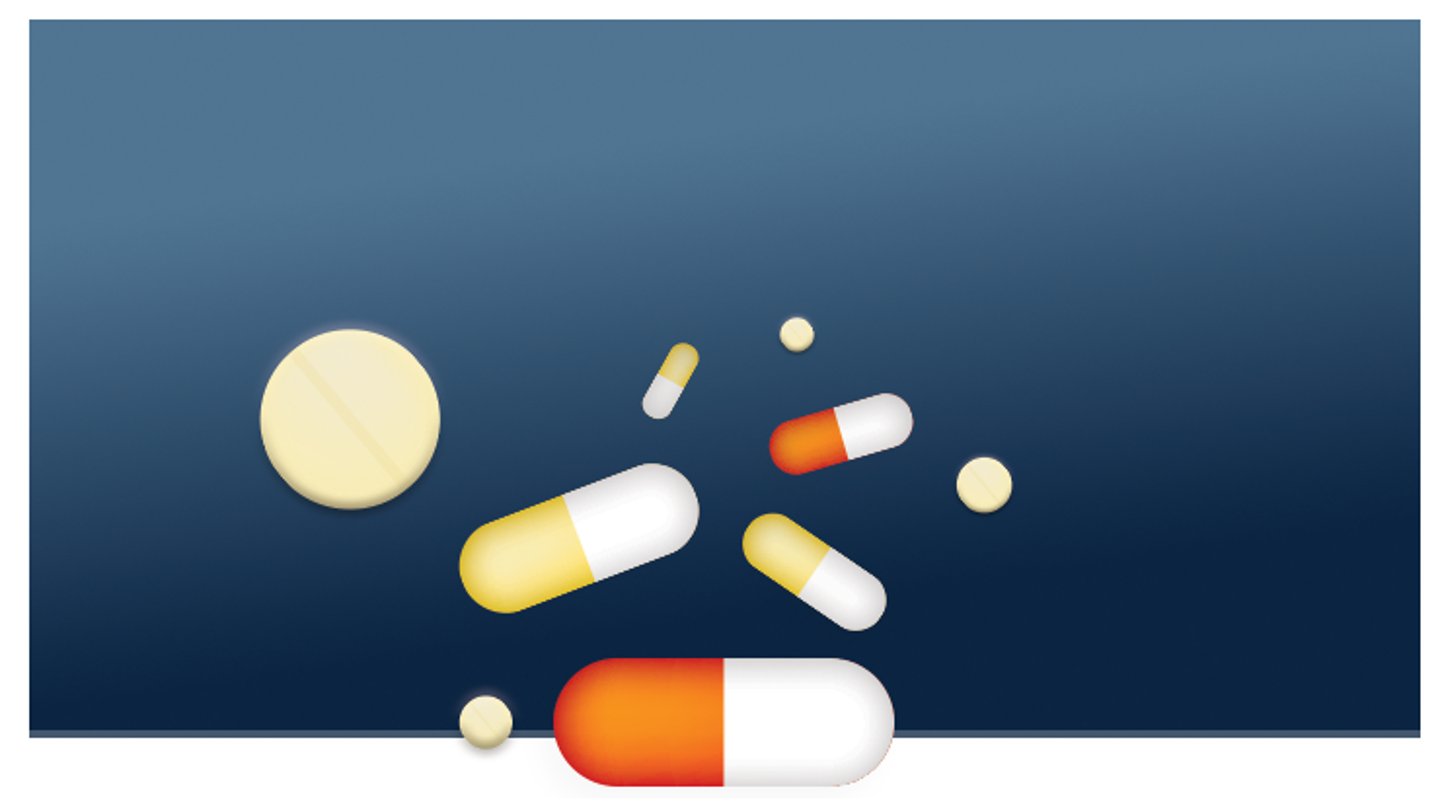Generic drug makers continue forging ahead
According to the Association for Accessible Medicine’s 2023 U.S. Generic and Biosimilar Medicines Savings Report, patients and taxpayers saved $408 billion in 2022, up from 2021, which found $373 billion in generic and biosimilar savings. What’s more, generics and biosimilars have saved patients and the U.S. healthcare system $2.9 trillion in the past 10 years.
While the report is optimistic for the industry, it also cautions that growing challenges to a sustainable future for generic and biosimilar competition continue to rise.
Indeed, the generics industry is trying to balance new product launches with numerous challenges, including the need to ensure a consistent supply of critical products, pressure on margins, deflation and rising costs.
Executives from several generics firms acknowledge that there are abundant challenges, but they also emphasize their commitment to accelerate innovation to best serve their customers and patients.
The low price of many generic medicines has become a thorn in the side of the industry, and the consensus is that it has resulted in drug shortages.
Christine Baeder, president of Apotex Corp., said that she is most concerned with the overall sustainability of the industry.
“We need a robust and healthy generic marketplace for all generic drugs,” she said. “Medicines that sell for $1.00 a vial and a penny a pill result in a non-sustainable market. This translates to the potential for drug shortages. We need policy support that rewards a stable drug supply.”
[Read more: It takes a village]
Andy Boyer, Amneal’s executive vice president and chief commercial officer, generics, echoed Baeder’s sentiments. When asked, what is the greatest challenge the industry faces, Boyer said, “Rising costs and unsustainably low prices for many medicines, whether it’s a penny a pill for chronic care therapies taken every day to treat conditions like hypothyroidism or a dollar a vial for oncology injectables.”
Boyer emphasized that for years, the U.S. generics industry has seen an increase in the required spend associated with quality and compliance combined with persistent levels of high price. As a result, there has been an erosion of the viability of the markets for many of these medicines. The result has been meaningful product discontinuations and record-high supply shortages, Boyer added.
“In the context of cost inflation for API, labor and other input costs, chronic price erosion for lifesaving and life sustaining medicine is even more extraordinary,” Boyer said. “As a company, we believe strongly in access to affordable, essential medicines. At the same time, we believe there’s a relative equilibrium that is required to ensure that there are healthy pharmaceutical markets for all stakeholders.”
Boyer also pointed out that the relative stabilization in price erosion cited by many manufacturers over the last year is a result of the market simply not being able to afford lower and lower prices.
John Dillaway, executive vice president of Ascend Labs, couldn’t agree more that drug shortages portend the biggest risk to the generics industry. “We have all seen and probably experienced some of the shortages that have occurred to date, some getting a lot of
notoriety and others very little,” Dillaway said. “But the risk for both more and more serious shortages is front and center right now.”
Dillaway emphasized that the existing industry model favors no one, adding that there are too many generic companies gaining approval on the same molecules and too few customers for all of these approvals to be needed. “The results are what we expect: significant deflation, which will ultimately lead to product withdrawals and shortages,” he said.
Dillaway added that there are other factors coming into play, including deflation that contributes to financial underperformance and ROIs that will not justify investment into new product development.
“This too will ultimately contribute to shortages,” Dillaway said, noting that this impacts not only those on the manufacturing side, but retailers as well. “They are being forced to close, chains are dramatically reducing their numbers, and people are finding their retail drugstore options to be significantly less.
Why? One factor is continued pressure on reimbursements. It’s not uncommon for retailers to actually lose money on some prescriptions dispensed. So, who ultimately loses from all this? All of us. Jobs are lost, businesses are less productive and health care is more of a challenge.”
[Read more: Nickel and dimed]
Lastly, Dillaway said that there has been a lot of discussion about these issues, but not enough solutions. “Leaving things to their own resolution should not be the direction we embrace,” he cautioned.
Arun Menon, chief commercial officer of Somerset Pharma, concurs that drug shortages are a bane of the industry.
“The industry is facing challenges from all directions,” Menon said. “A primary concern remains the number of products under drug shortages. We hope that as the industry reaches a level of quality maturity there is more flexibility in allowing companies to allocate manufacturing resources, source alternative components faster and through internal quality systems, expedite resources to answer the needs of the time. Patients and medical facilities not having access to drugs is the biggest challenge for our industry.”
Paul McMahon, president oral solids at Aurobindo Pharma USA, cited additional challenges that generics companies are facing, including logistical issues with global conflicts, port staffing issues, container availability and air and sea freight capabilities.
“The global supply chain crisis, with shortages affecting every industry, has forced us to look at new strategies to adapt to alternative materials procurement and transportation methods,” McMahon said.
He also pointed out that after four years of COVID, the industry has been severely impacted, and demand dislocation has been difficult to predict, resulting in the current antibiotics shortage. Stepped up facility inspections by the FDA has created some supply disruption, according to McMahon, who said, “On top of that, inflation has been affecting many industries across the nation; however, generics is one of the few industries that is experiencing deflation, which is not a sustainable trend for the business.”
McMahon went on to say that Aurobindo has been able to leverage a strong vertically integrated supply chain where there is less reliance on CMOs and external suppliers for the company to continue manufacturing and supplying its products. “Aurobindo is uniquely positioned to manage supply chain risk by controlling all major aspects of the pharmaceutical supply chain,” he said.
[Read more: A new environment for biosimilars]
McMahon also believes that there should be greater appreciation for the generic industry at large, for “the critical work we do in collectively producing nearly 90% of the nation’s drug supply, saving, sustaining and improving the lives of tens of millions of Americans, and more often than not, just pennies per pill.”
While faced with challenges, the generics industry executives interviewed provide evidence that their commitment to innovate will ensure that they meet customers’ and patients’ needs. For example, Apotex has invested more than $2 billion in research and development over the past decade.
This year, Apotex is focused on diversifying beyond generics to provide consumers with more options for medicines and innovative health products.
Amneal is not sitting on the sidelines when it comes to innovation. Amneal continues to invest in operations, product pipeline, processes and systems. “That allows Amneal to be the best and easiest in the industry to partner with,” Boyer said, adding, “We remain focused on providing the most complex and impactful products for customers, such as naloxone nasal spray. Amneal is committed to developing, manufacturing and commercializing its broad and leading portfolio of affordable medicines.”
Somerset Pharma also has plans in place to catapult ahead. Menon said, “We continue to be a reliable supplier for the business that we support and also be a backup supplier during drug shortages to ease the pressure on the pharmacies and medical facilities.”
With a portfolio of products that are expected to get FDA approval over the next one to two years, Somerset is well positioned to help alleviate drug shortages and continue to service areas of the market that traditionally see supply challenges, namely injectables and ophthalmics, Menon said.
Dillaway said Ascend is focusing on two initiatives that will help customers and patients. First, through coordination with Alkem, its parent company, Ascend is bolstering its inventory positions upward and is committed to holding more finished products in the United States. “We have plenty of capacity and will be employing that by adding production personnel,” Dillaway said.
The second initiative has Ascend using unique programs, including AI, to identify items that may become short in the market in an attempt to fill those needs.
Aurobindo also is no stranger to innovation. In fiscal year 2024, Aurobindo led the market in final approvals, receiving 67 ANDAs, and the company successfully launched and relaunched 57 products.
[Read more: Personalizing the pharmacy experience]
McMahon also pointed out that in order to keep up with demand and continue to set itself apart, it is critical for Aurobindo to have highly competitive costs and product availability.
Among the new launches Aurobindo is adding to its pipeline are specifically cough/cold products, which include enalapril suspension and oseltamivir phosphate oral suspension, which is the generic of Tamiflu. The company also is launching its second nasal spray, mometasone.
“The company is continuing to grow in a sustainable manner and successfully deliver billions of doses of medicine every month to its customers and patients,” McMahon said. Where is the generics industry headed? Perhaps Dillaway best summed up the sentiments of other executives DSN spoke to: “We will be redoubling our efforts to stand out as a strong supplier and hopefully impact potential shortages in a positive way.”








